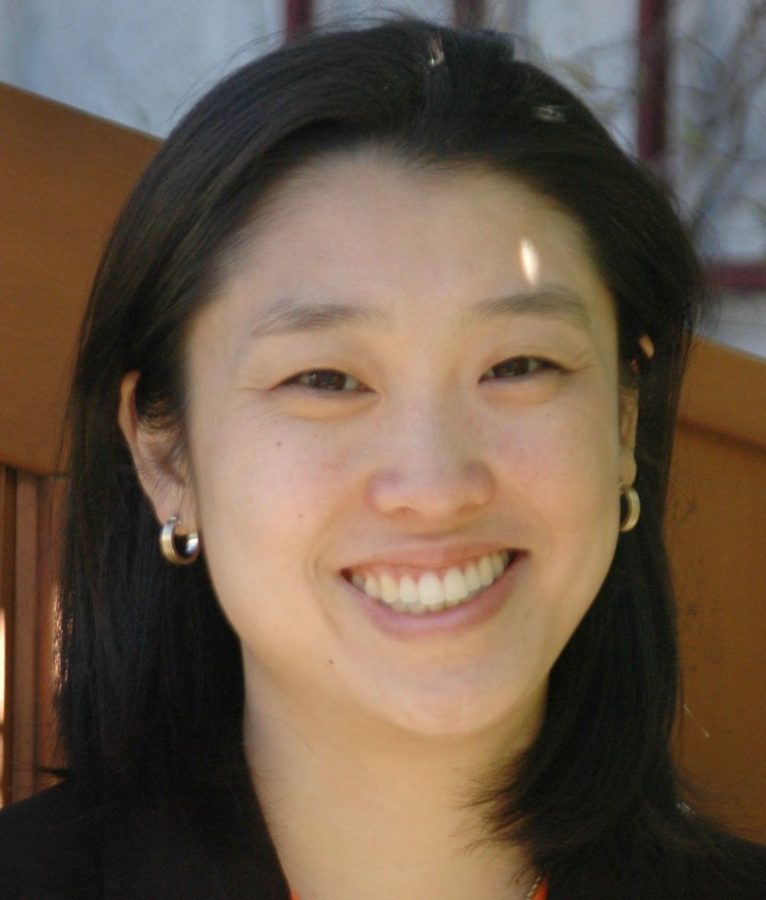Thinking about life after college
December 6, 2012
By Denise Ho, contributing columnist
It’s that letter of recommendation time of year again, and once again I find myself counseling graduating seniors and reading their personal statements. I well remember my own senior year of college, and how unsettled I felt. I had grown comfortable with the rhythms of the academic year and the clearly defined rubric of graduation requirements. I had my community and identity; I had my close circle of friends. To leave an environment of wide-ranging intellectual inquiry, to depart from the familiar menus and amazing conversations of the dining hall left me feeling prematurely bereft. A good friend joked with me, “That’s it, Denise! When you graduate the door closes … no more learning!”
The advice I usually give to our history majors is much more specific to their own pursuits in diplomacy, East Asian studies, library science or history. But still I think there are some general words of wisdom that apply across all disciplines, and I hope that you will take these to heart. College is really only the beginning, and the thing that makes it different from life after college is just a different structure. So in what follows — three pieces of advice for thinking about the future.
NEVER STOP LEARNING
So contrary to my friend’s remark, college was not the end of learning. If you’ve made the most of your education, you’ve figured out what interests you and how to learn about it. You should now be equipped to learn independently, and in addition you’ve practiced soliciting feedback so you can learn how to do things better. In the best case scenario, you’ve learned so well that you can also teach. You’ve talked to your professors about how you can improve; you’ve taken your TA’s comments seriously. Whatever you do next, whether it is a job or graduate school, you should find out how you can keep learning and keep growing. Of course, a graduate program is going to be much more about content, but in a job you should also be learning a skill. When you stop learning, it is time to do something else.
SURROUND YOURSELF WITH PEOPLE WHO INSPIRE YOU
In college there are many people of your age cohort who are interested in similar things and can be an inspiration to you. In life after college, you should also seek out people who you respect and admire, people who make you a better person. This goes for friendships, professional relationships and even personal relationships. In work or graduate school, seek out mentors — senior students, your professors or more experienced people at work. If you can identify your own weaknesses and look for models, you’ll find ways to continue to grow. But, if the people around you are consistently negative or discourage you (actively or passively) then it is time to expand your circle; they do not have your interests at heart.
WHATEVER YOU DO, FIND A WAY TO MAKE IT BETTER
Atul Gawande, a doctor and medical writer for The New Yorker, has written a book called “Better: A Surgeon’s Notes on Performance.” Though this book focuses on the medical profession and ways to improve its various systems, the message of Gawande’s writings apply to all of us. In “Better,” Gawande argues that we should always be looking around us to figure out how to make positive change; it doesn’t matter how junior our role is or how seemingly small the change might be. As a teacher I’ve always tried to think about how to make the classroom better; in grad school I had every section I taught videotaped so I could watch it with a consultant, I’ve seen my colleagues lecture and had them come to my classes and I’ve made changes according to course evaluations. Only through making things better is your work worthwhile, and an institution with good leadership will recognize and reward it. If they don’t, it’s time to move on to a place where you can make things better.
































































































































































